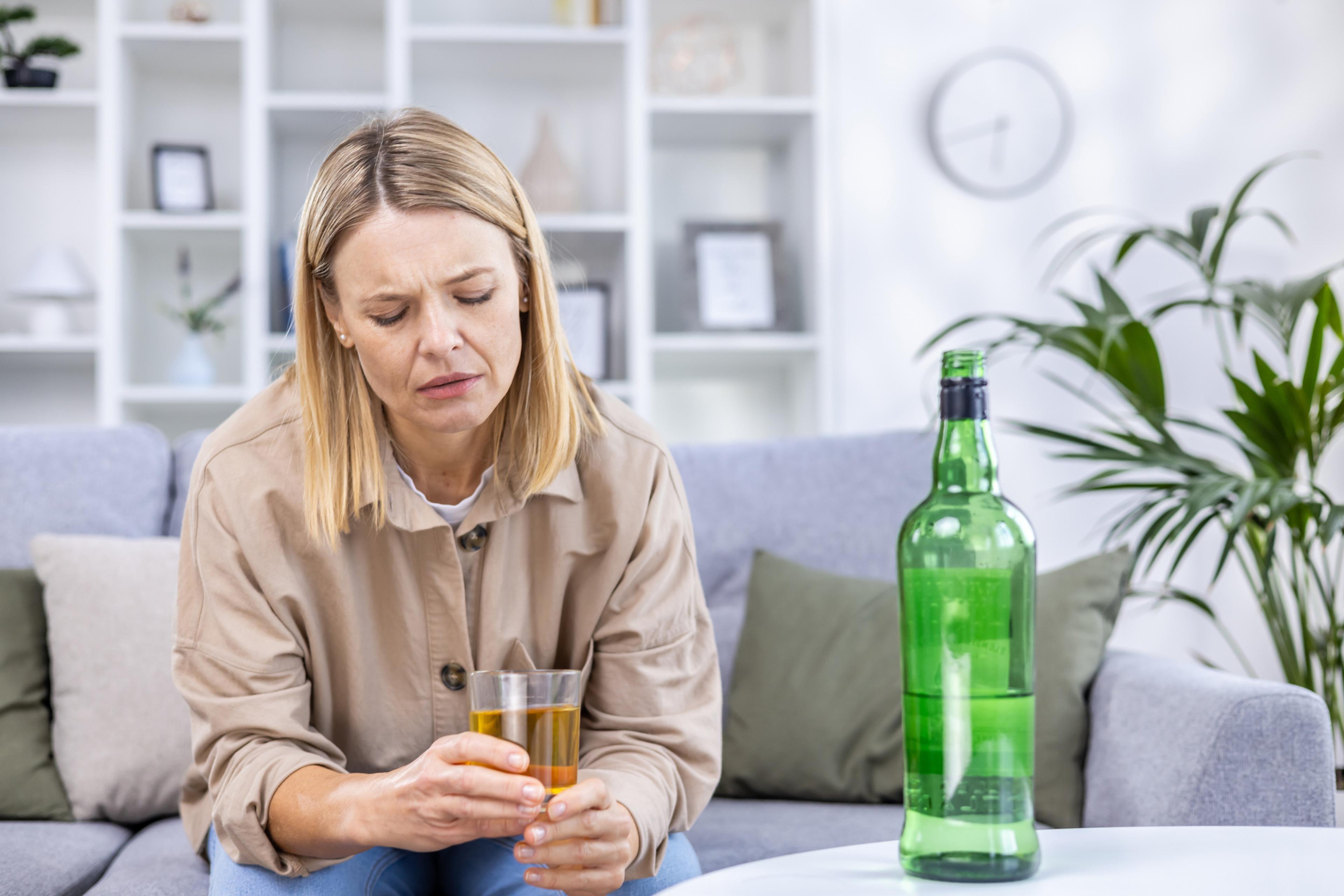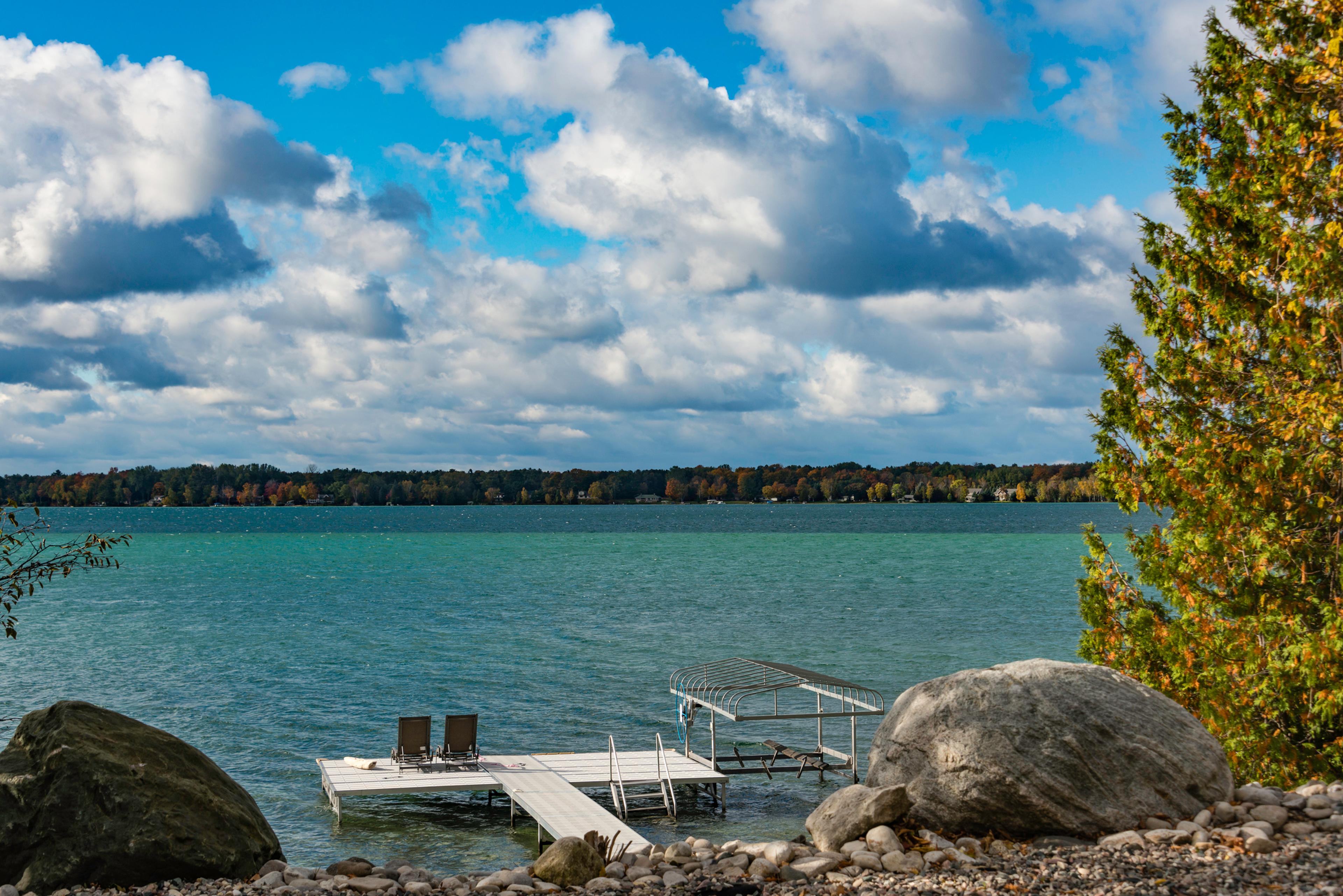How Long Does It Take the Body to Recover from Drinking
A Healthier Michigan
| 4 min read

The long-term effects of alcohol use do not go away as soon as you stop drinking or alter your habits. Some noticeable changes and markers of recovery may show up as soon as days or weeks after beginning abstinence from alcohol while others may take months, according to the National Institute on Alcohol Abuse and Alcoholism. Detoxifying your body from alcohol helps to start the process to recovery, but it is not enough on its own to recover from long-term effects of alcohol use and alcohol use disorder.
Long-term effects of alcohol use
There are multiple long-term effects of alcohol use and excessive drinking. According to the CDC, this includes higher risks of developing conditions such as:
- High blood pressure, heart disease, and stroke
- Liver disease and digestive issues
- Multiple types of cancers and weakening of the immune system
- Problems with learning and memory issues, including dementia
- Depression and anxiety
- Social problems and negative consequences from drinking
- Alcohol dependence and alcohol use disorder or AUD
If you do drink, limit yourself to an average of one drink a day for women and two a day for men, and avoid binge drinking. According to the CDC, one standard drink contains 0.6 ounces (14 grams or 1.2 tablespoons) of alcohol. Examples of different types of alcohol that would be one standard drink:
- 12 ounces of beer (5% alcohol content).
- 8 ounces of malt liquor (7% alcohol content).
- 5 ounces of wine (12% alcohol content).
- 1.5 ounces of 80-proof (40% alcohol content) distilled spirits or liquor
How long does alcohol use recovery take?
The length of recovery from alcohol use will vary based on the extent of drinking, the length of time alcohol has been used, and existing health conditions. According to the Mayo Clinic, the first step in recovery will likely include a review of drinking habits and alcohol use and a physical examination.
Liver damage and other health issues from alcohol use may start to heal after a few weeks of recovery, according to the Cleveland Clinic, but some symptoms or conditions from excessive drinking may be chronic and require longer or ongoing treatment.
Alcohol withdrawal and detox
Detoxification and withdrawal from alcohol use and alcohol use disorder can generally take up to a week, according to the Mayo Clinic, and medications may be needed for withdrawal symptoms during this period such as:
- sweating, rapid heartbeat, and tremors
- problems sleeping
- nausea and vomiting
- hallucinations
- restlessness, agitation, and anxiety
- seizures
There are medications that can assist with the short-term cravings and symptoms of withdrawal but also medications that can help on a long-term basis to decrease the reward of using alcohol, such that it is easier to not drink. These newer medications are much better than the older medications that caused some physical symptoms if you used alcohol. The newer medications just decrease the reward cycle of alcohol use so you can more easily follow your decision to not use alcohol. These can come in oral or injectable preparations, the injection being the most helpful.
Ongoing treatment for alcohol use
Starting during the detox and withdrawal period, and continuing after, some of the best treatment options include therapy and support from medical professionals, family and others, according to the Mayo Clinic. Options such as support groups, community resources and other people recovering from alcohol use, may be helpful to continue sobriety and make lifestyle changes. This type of treatment may be needed consistently for a long time.
Medical treatment will also be needed for health conditions caused or exacerbated by alcohol use and excessive drinking, according to the Mayo Clinic. Many health conditions improve after even a short while away from alcohol.
Some patients may consider residential alcohol recovery treatment, which are often dedicated centers for the treatment of alcohol use disorder and withdrawal. Blue Cross Blue Shield provides this substance use resource center, with links to resources and support centers. There are also designated Blue Distinction and Blue Distinction+ centers for substance use recovery that BCBS have identified as having a proven history of delivering exceptional care and results.
If you think you need help to stop drinking, are dependent on alcohol or are having social or family issues due to drinking, contact your primary care provider (PCP) or the SAMHSA national helpline at 1-800-662-HELP (4357).





